I have noted to strange behaviour in the R exams package when I load the dplyr library. the below example only works if I explicitly call the dplyr namespace, as indicated in the comments. notice that the error only occurs in a fresh session, i.e. you need to restart R in order to see what I see. You need to place the below in a file exam.Rmd, then call
library(exams)
library(dplyr)
exams2html("exam.Rmd") # in pwd
# this is exam.Rmd
```{r datagen,echo=FALSE,results='hide',warning=FALSE,message=FALSE}
df = data.frame(i = 1:4, y = 1:4, group = paste0("g",rep(1:2,2)))
# works:
b2 = diff(dplyr::filter(df,group!="g1")$y)
b3 = diff(dplyr::filter(df,group!="g2")$y)
# messes up the complete exercise:
# b2 = diff(filter(df,group!="g1")$y)
# b3 = diff(filter(df,group!="g2")$y)
nq = 2
questions <- solutions <- explanations <- rep(list(""), nq)
type <- rep(list("num"),nq)
questions[[1]] = "What is the value of $b_2$ rounded to 3 digits?"
questions[[2]] = "What is the value of $b_3$ rounded to 3 digits?"
solutions[[1]] = b2
solutions[[2]] = b3
explanations[[1]] = paste("You have you substract the conditional mean of group 2 from the reference group 1. gives:",b2)
explanations[[2]] = paste("You have you substract the conditional mean of group 3 from the reference group 1",b3)
```
Question
========
You are given the following dataset on two variables `y` and `group`.
```{r showdata,echo=FALSE}
# kable(df,row.names = FALSE,align = "c")
df
```
some text with math
$y_i = b_0 + b_2 g_{2,i} + b_3 g_{3,i} + e_i$
```{r questionlist, echo = FALSE, results = "asis"}
answerlist(unlist(questions), markup = "markdown")
```
Solution
========
```{r sollist, echo = FALSE, results = "asis"}
answerlist(unlist(explanations), markup = "markdown")
```
Meta-information
================
extype: cloze
exsolution: `r paste(solutions,collapse = "|")`
exclozetype: `r paste(type, collapse = "|")`
exname: Dummy Manual computation
extol: 0.001


